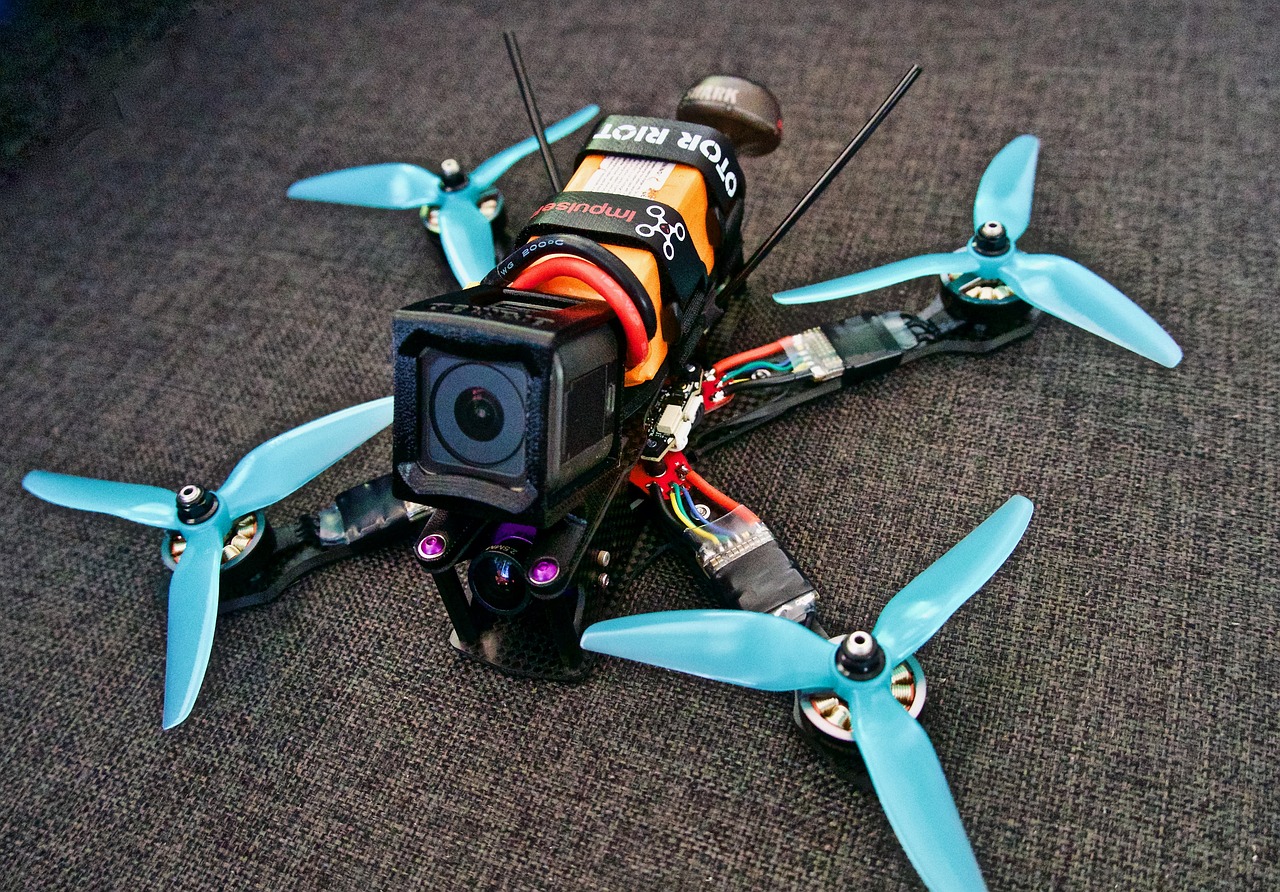Exploring the Potential of Tech in Circular Economy Solutions
Technology plays a pivotal role in driving circular economy solutions by enabling more efficient resource utilization and waste reduction. Through the implementation of advanced technologies like Internet of Things (IoT) and artificial intelligence (AI), businesses can optimize their processes, track product lifecycles, and minimize environmental impact. These innovations facilitate the transition towards a more sustainable and circular economic model, helping organizations to enhance their competitiveness while contributing to environmental conservation.
Moreover, technology fosters collaboration and transparency among stakeholders in the circular economy. By utilizing blockchain technology, supply chains can be made more transparent, traceable, and secure, ensuring ethical sourcing and sustainable practices. This enhanced visibility not only builds trust among consumers but also empowers businesses to make informed decisions that align with circular economy principles, creating a more resilient and environmentally conscious business ecosystem.
Innovative Technologies Driving Circular Economy Initiatives
One of the key technologies that is driving circular economy initiatives is blockchain. Blockchain technology allows for transparent and secure transactions, making it easier to track the flow of materials and products throughout their lifecycle. This can help reduce waste and improve resource efficiency by enabling better traceability and accountability in the supply chain.
Another innovative technology that is making waves in the circular economy space is artificial intelligence (AI). AI can optimize processes to maximize resource utilization and minimize waste generation. By analyzing data and predicting consumer behavior, AI can help businesses make more informed decisions that promote sustainability and circularity.
Challenges and Opportunities in Implementing Tech for Circular Economy
Implementing technology for circular economy initiatives presents both challenges and opportunities. One major challenge is the high initial investment required to adopt new technologies. Companies may hesitate to make this financial commitment, especially if they are uncertain about the return on investment. Moreover, integrating technology into existing processes can be disruptive and time-consuming, requiring extensive planning and resources.
On the other hand, the opportunities that technology offers for circular economy solutions are vast. Advanced technologies such as artificial intelligence, blockchain, and Internet of Things enable better tracking of resources and waste, leading to more efficient use of materials and increased transparency in supply chains. These technologies also facilitate the development of innovative business models, such as product-as-a-service and sharing platforms, which can help companies transition to more sustainable practices.





